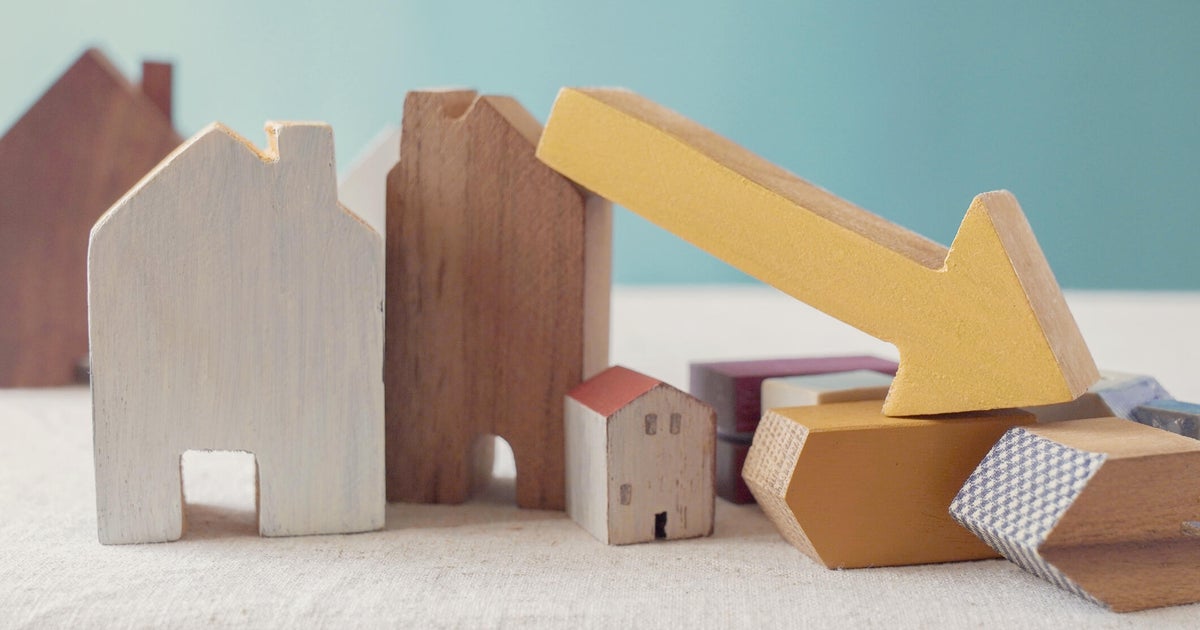5 things to know when choosing a mortgage lender
Choosing the right mortgage lender is important. Not only will it impact what loans you qualify for, but it also influences your interest rate, fees, down payment and long-term costs, too.
Picking a mortgage lender isn't always cut and dry, though. To start, you'll want to consider at least three to five different companies. This will give you a wide range of options and, according to a Freddie Mac analysis, even save you up to $3,000.
One of the biggest factors that can affect costs is interest rates, and when it comes it comes to mortgage lenders, there isn't a one size fits all answer. So, make sure you compare rates and crunch the numbers to save more money.
What to consider before selecting a mortgage lender
Are you preparing to get a mortgage? Here's what to consider when comparing lenders.
Interest rates
Interest rates vary by the mortgage company. Each one has its own overhead costs, loan volume, staffing capabilities, profit goals and more. According to Freddie Mac, a borrower can see their rate vary as much as 0.22% across five mortgage lenders.
So if you're ready to take out a home loan, don't wait – get started by comparing interest rates today.
To get an idea of what rate a lender can offer you, apply for pre-approval. This requires submitting some basic financial information and details about your home purchase. They'll then give you a loan estimate, which breaks down your estimated fees and costs.
Fees
Mortgage loans can come with a lot of fees, and these fees directly impact your closing costs — or how much you need to bring to the closing table.
Just like interest rates, these fees differ quite a bit between lenders. Some charge origination fees or application fees, and some don't. There are countless other fees that come into the mix, too, so make sure to compare your loan estimates line by line.
You can also look on page 1 at the "Estimated Closing Costs" and "Estimated Cash to Close" lines for a quick comparison of total fees and costs.
Loan products
Every loan program has different qualifying requirements and down payment minimums, so it's important to weigh a lender's loan offerings, too. An FHA loan, for example, requires just 3.5% down and allows for lower credit scores, but they can only be issued through certain lenders.
USDA loans, which are backed by the U.S. Department of Agriculture, require no down payment but, again, are only available through approved mortgage companies.
Study up on what mortgage programs work for your budget and credit profile, and use that to guide your lender search. This guide to down payments is a great place to start.
Reputation and service
A lender's reputation and service should play a role as well. You can look to online reviews and ratings to get an idea of what sort of service a company offers or, even better, ask your real estate agent. They may have encountered the lender before and have first-hand insights.
The Nationwide Mortgage Licensing System is another great resource to explore. Just search the company you're considering using, and you can view all its licenses, alternate business names and any regulatory actions against the company with a few clicks.
Process and presence
You should also take into account a lender's process. First, what does pre-approval look like? Can you do it quickly and easily online? How long does it take to hear back? Make sure you understand what documentation they require (and scan for red flags on the application) so you can have it gathered and on hand.
Next, take a look at their online presence. Do they offer lots of educational resources? Do they have an app? Is there customer service via phone, chat, email and in-person appointment? You want to choose a lender who can meet your expectations — both during the application process and long term.
How to increase your chances of getting approved for a mortgage
Researching lenders is just one step in the mortgage process. To make sure your home purchase goes smoothly, work on improving your credit score and gather your financial documentation early. You'll typically need your last two W-2s, tax returns, pay stubs and bank account statements, at the very least.
You should also steer clear of any big-ticket purchases as you get closer to a home purchase and avoid taking out any new credit cards or loans. These can hurt your chances of getting a mortgage.
Have more mortgage questions? Not sure what kind of rate you would qualify for? Talk to an expert right now who can help.




